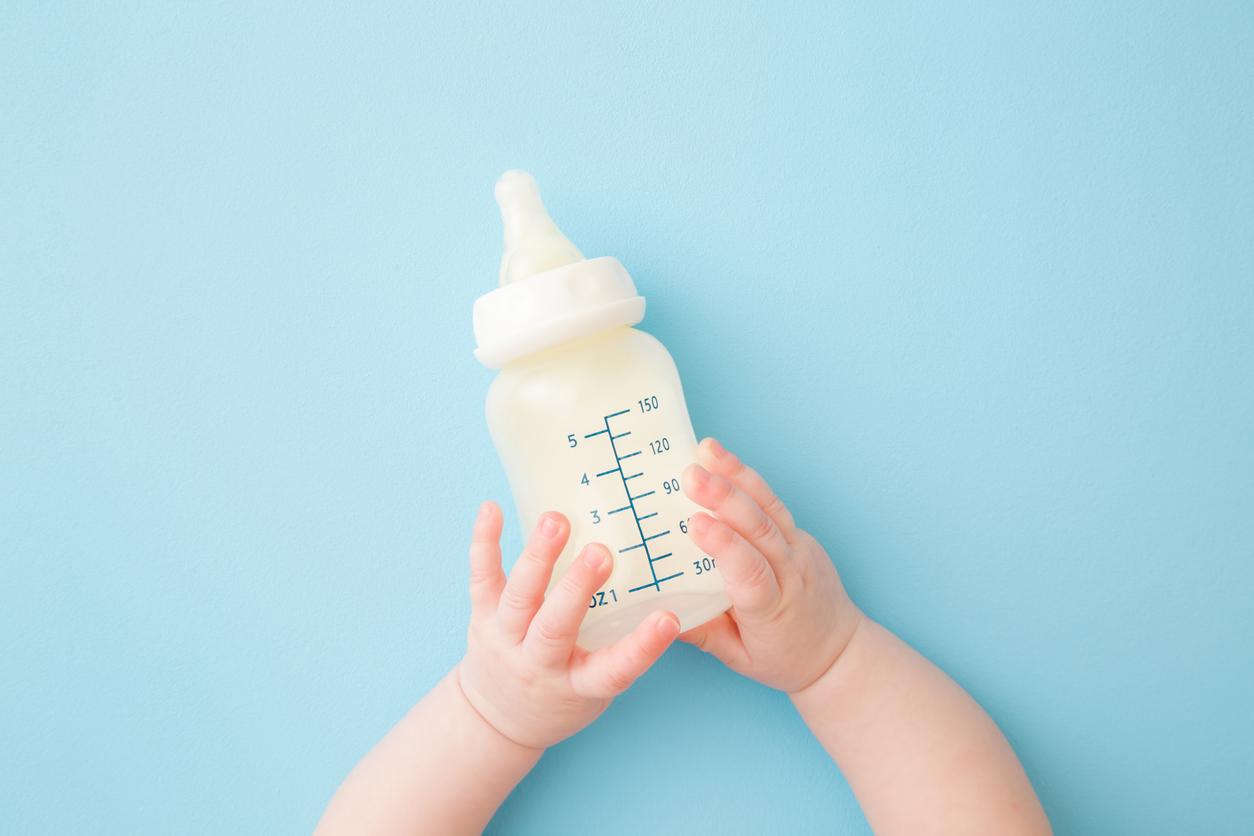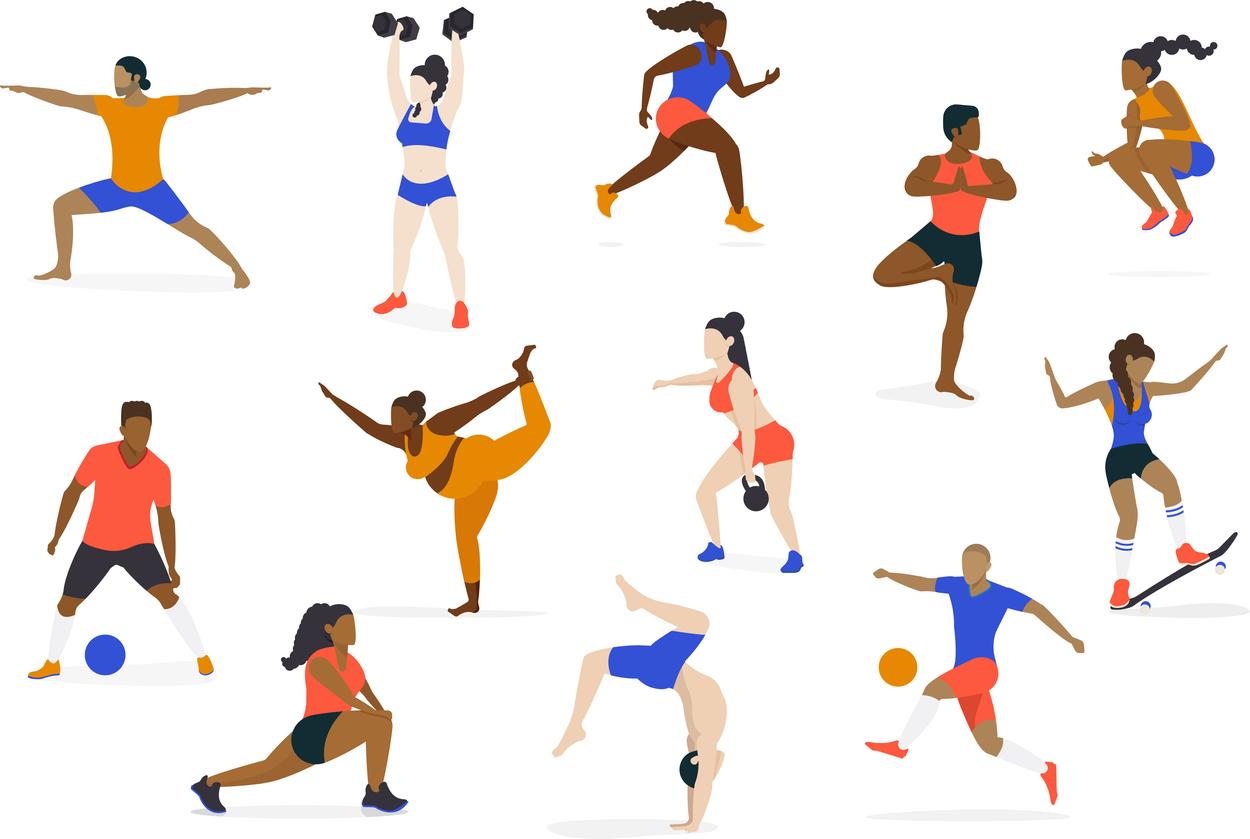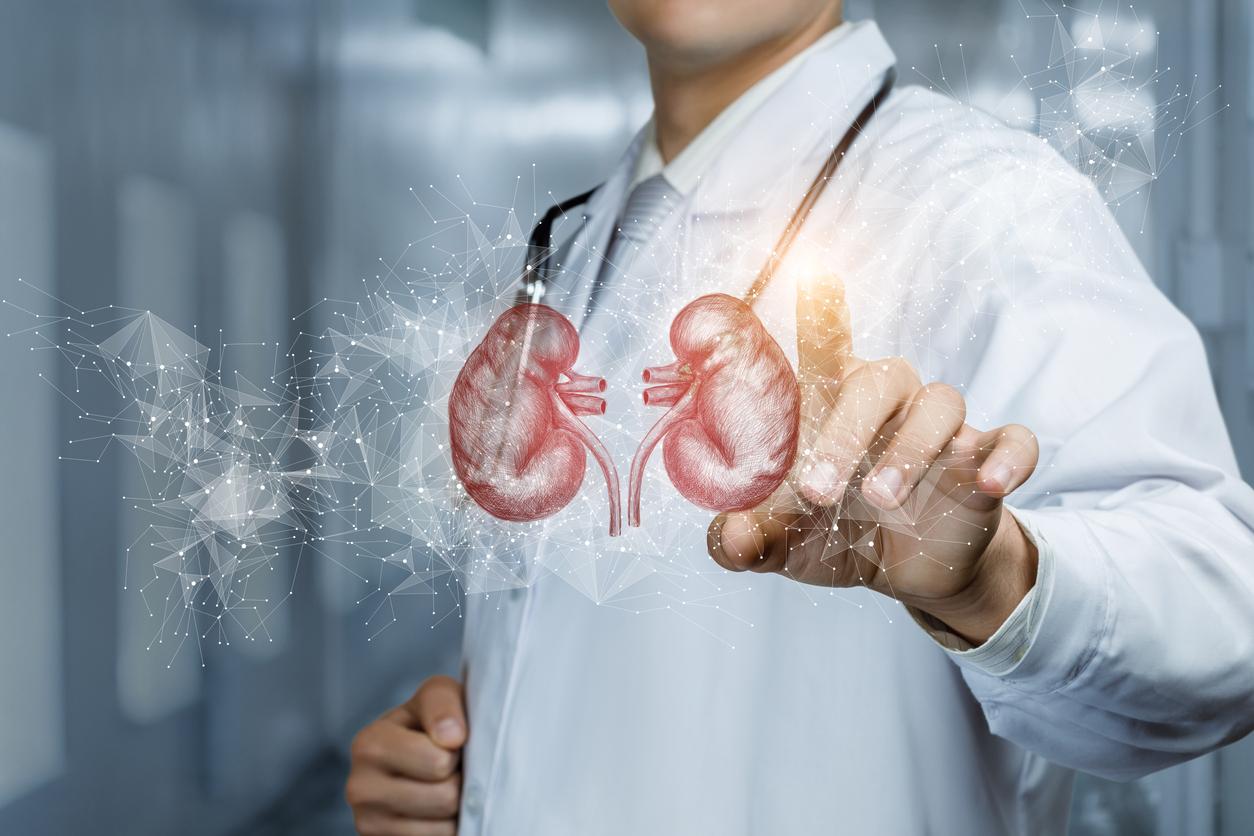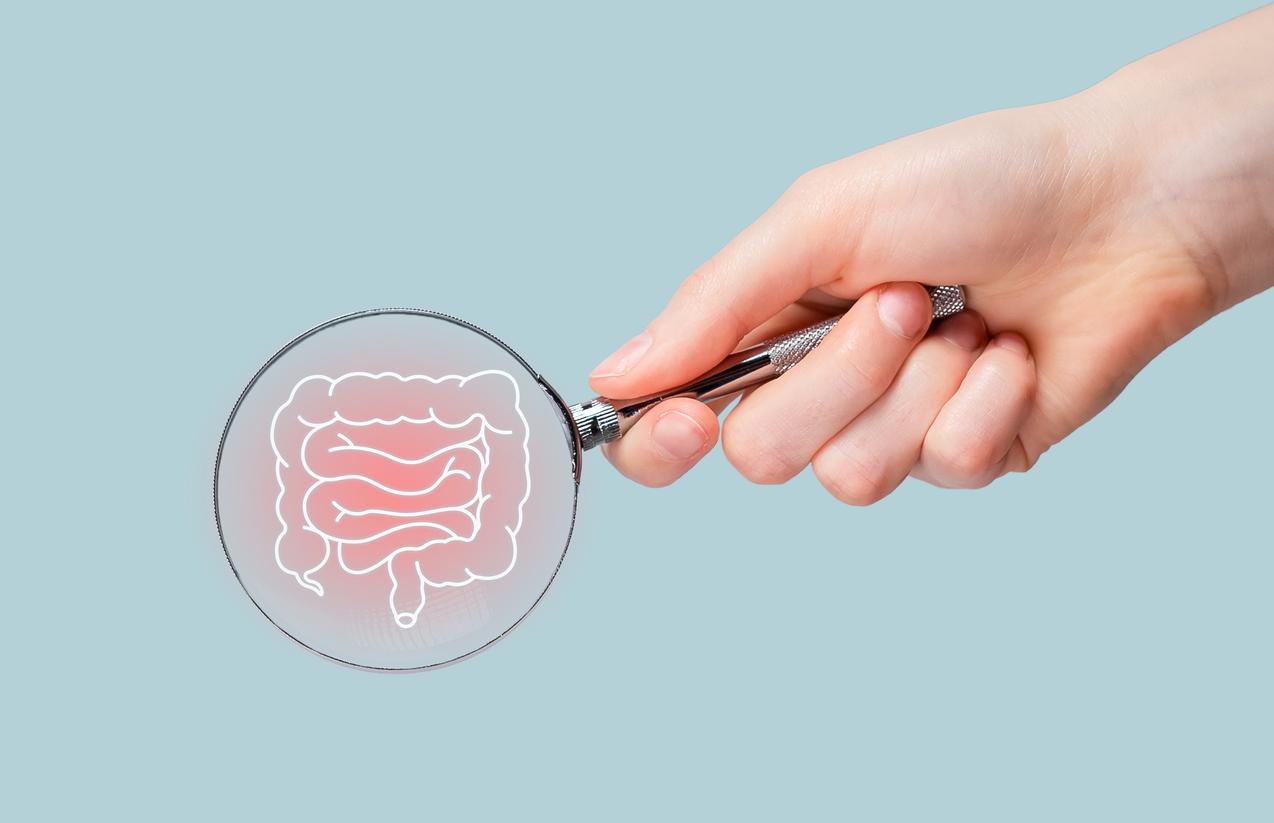American scientists have established a link between the presence of intestinal bacteria and certain character traits.
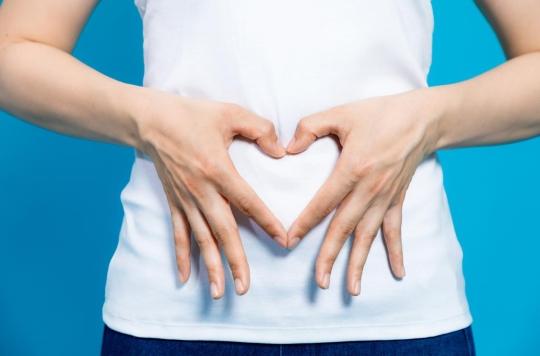
- The intestine is made up of microorganisms, namely bacteria, viruses, parasites and non-pathogenic fungi. In the body, the intestinal microbiota is the most “populated”.
- Energy and fatigue are characteristics believed to be linked to gut bacteria.
We know that the microorganisms present in our intestines can have an impact on our health. According to a group of American researchers, these would also shape our personality. In order to reach this discovery, the scientists carried out a study published in the journal Nutrients. During previous research, they had indicated that mental energy, mental fatigue, physical energy and physical fatigue were four distinct biological humors. For the purposes of the new work, the authors recruited 20 healthy, active people. They assessed their gut microbiota using 16S rRNA analysis.
According to the results, intestinal bacteria would be associated with each personality trait. “Bacteroidetes (45%), the most predominant phylum, was only negatively correlated with physical fatigue. The second most predominant and butyrate-producing phylum, Firmicutes (43%), had members correlated with every trait However, the bacterium Anaerostipes was positively correlated with mental energy and negatively with mental fatigue and physical fatigue,” can we read in the study.
Bacteria associated with each personality trait
According to the study, energy and fatigue are unique characteristics that could be defined by distinct bacterial communities, unrelated to diet. The researchers specified that bacteria and metabolome associated with metabolism were associated with mental or physical energy, while bacteria associated with inflammation were associated with mental or physical fatigue.
“These new results confirm my previous work where we report that feelings of energy are associated with metabolic processes, while feelings of fatigue are associated with inflammatory processes,” said Ali Boolani, associate professor of physiotherapy at Clarkson University (USA) and author of the study, in a statement.
“Because we are still at the stage of studying the gut microbiome, we don’t know if, by trying to modify our personality trait, we could see a change in the gut microbiome, or if, by trying to modify our microbiome intestinal, we could also modify our personality trait”, he added. The scientists specified that larger studies were needed to confirm these results.
.









